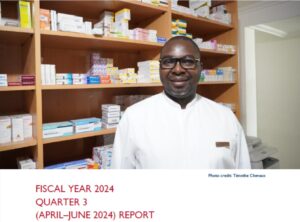Assessing progression of health technology assessment implementation in Asia: a balanced scorecard for cross comparison of selected countries in Asia
Objective
To provide an update on the use of health technology assessment (HTA) in Asia and lessons for countries seeking to advance HTA.
Methods
Build upon the research by Chootipongchaivat and the World Health Organization identifying eighteen “factors conducive to the development of HTA in Asia.” These factors were used to create a balanced scorecard to assess the progress of HTA, measuring progress against each factor in China, India, Indonesia, Malaysia, Philippines, South Korea, Taiwan, Thailand, and Vietnam. A scoring system was used wherein: 1, No progress; 2, milestone at early stages, ad hoc HTA use; 3, progress on milestone but limited impact; 4, significant progress but limited remit; and 5, significant progress on milestone, routine HTA informs decisions. Total scores indicated progress of HTA while milestone scores provided contextual insights within countries. Literature reviews and expert interviews were used to complete scorecards.
Results
South Korea and Thailand scored highest with seventy-three and seventy-one points, respectively, while Vietnam scored lowest at 28.5. Advanced HTA programs have independent HTA agencies with a broad remit, explicit process and methods, network of researchers, and routine use of HTA. Taiwan and Malaysia fall in a middle tier, with established HTA programs with limited remit. The final tier with China, India, Indonesia, Philippines, and Vietnam, emerging HTA processes.
Conclusions
Universal Health Coverage goals have catalyzed expansion of HTA. Political will, technical expertise, and sustained financing remain challenges for sustainable HTA programs. Legislation supporting HTA is helpful but political will is key. Recommendations for regional collaboration are provided.
By Ritu Kumar, Christian Suharlim, Ana Amaris Caruso, Colin Gilmartin, Meenakshi Mehra, and Hector Eduardo Castro
